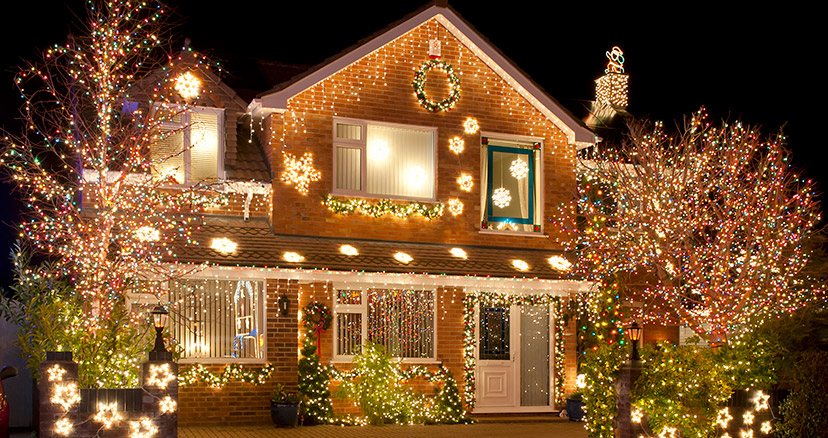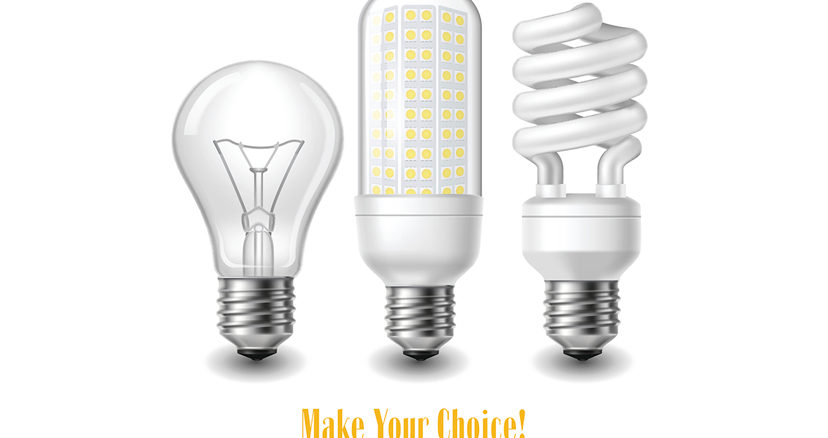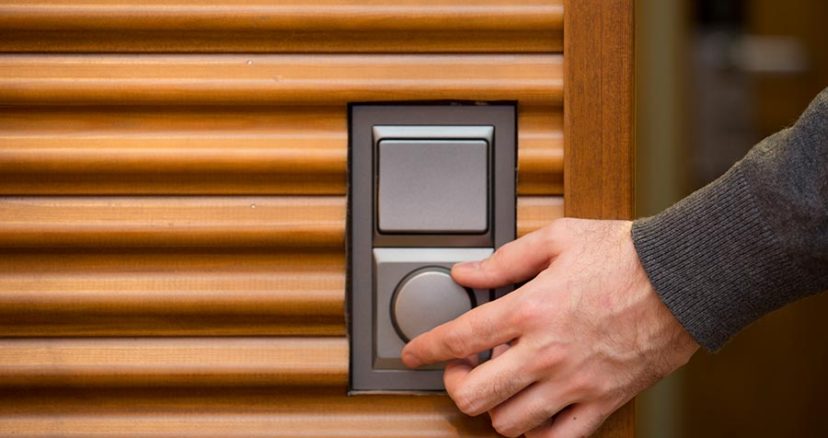
It’s no secret that many Americans love to decorate their homes as part of a Christmas tradition. Here in Wichita, Kansas, we enjoy our holiday lights as much as anyone, but safety is a concern.
Statistics show that incidents of residential fires and electrical accidents typically increase during the winter holiday season. In fact, the Electrical Safety Foundation International (ESFI) reports that holiday decorations are to blame for approximately 860 fires in homes each year; with an additional 210 residential fires caused by Christmas trees.
With the hustle and bustle that comes with this time of year, simple safety practices can easily be neglected when it comes to installing holiday lights. While holiday lighting does contribute to the splendor of the season, it is crucial that outdoor Christmas light safety is of utmost concern for the safety of you and your family.
Buying Holiday Lights and Decorations
Purchase only UL-listed electric decorations and extension cords. Underwriters Laboratories (UL) is a nationally recognized, independent product safety certification organization. UL-listed simply means that the Christmas lights you’re purchasing have been tested and approved before being sold or installed.
Choose holiday lights that are rated for outdoor use. A green holographic UL mark on the tag indicates that a product is for indoor use only, while a red mark indicates it’s safe for both indoor and outdoor use. Outdoor lights are waterproof and prevent electrical shock and fire hazards.
Splurge on a heavy-duty extension cord that’s listed for outdoor use. To avoid overloading, find out the wattage rating of your extension cord, as well as the power requirements of any lights or decorations you’re planning to plug into it. A wattage rating is the amount of electricity that an extension cord is built to carry.If the combined power requirements of your lights and decorations exceed that rating, overheating and fire can occur.
Installing Christmas Lights and Decorations
When hanging Christmas lights outdoors, use a ladder made of a non-conductive material such as wood or fiberglass. Using a metal ladder can raise your risk of electric shock. Make sure the ladder is strong and sturdy to ensure it will hold up during use—especially at increased heights.
Fasten outdoor lights securely to trees, house, walls or other firm support to protect from wind damage. Use light clips rather than nails or staples, which can pierce the protective insulation and create an electrical hazard.
Plug your lights into a GFCI (Ground Fault Circuit Interrupter) outlet. GFCI outlets are designed to prevent electrical shock. They’re required anywhere you might be plugging something in where there may be moisture: the bathroom, the kitchen, and the outside of the home.
Consider adding an outdoor outlet or two for your Christmas lights. A licensed electrician can install a GFCI outlet in the soffit under your roof’s overhang. This allows you to plug in your holiday lighting without extension cords running down to the ground. In the Wichita, Kansas, area, contact Graf Electric to have outdoor receptacles added to your home.
Don’t leave your lights on all day and night. According to the Consumer Product Safety Commission, you should unplug all lights and decorations before you go to bed or leave the house, as the lights could short and start a fire. Purchase a timer for your holiday decorations to ensure the lights will always turn off at a designated time, even if you forget.
Repairing Lights and Decorations
Always unplug lights before changing bulbs or making any other repairs to prevent electrical shock.
Whether the lights, decorations, and extension cords are brand new or used, inspect them before you put them to use. Check for frayed wires, loose connections or broken bulbs. If you notice any damage, repair or replace them as necessary.
If a bulb needs replaced in a string of Christmas lights, make sure that the wattage rating of the replacement bulb you’re using matches that of the light strand. Using a bulb with too high a wattage can damage the insulation on the wires, creating a fire risk.
Keep these safety tips in mind this season to ensure a worry free holiday!


